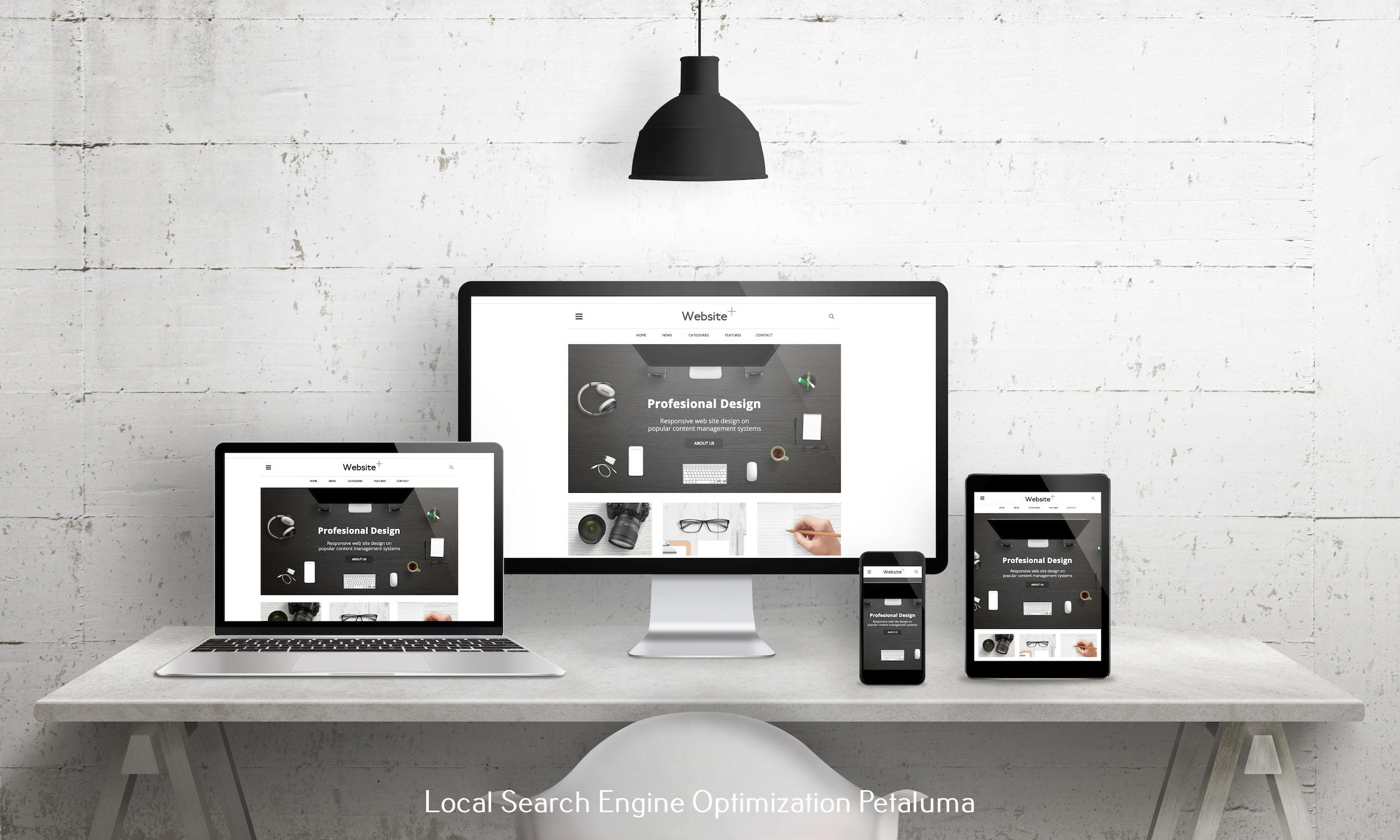Maximizing Website Traffic: How to Utilize SEO Analytics for Keyword Optimization
Are you struggling to attract more visitors to your website? Do you feel like you're putting in the effort, but not seeing the results you want? If this sounds familiar, then it's time to focus on SEO analytics and keyword optimization. In today's digital landscape, having a strong online presence is crucial for businesses of all sizes. And with the right strategies in place, you can maximize your website traffic and attract potential customers from North Bay, CA to Sebastopol, CA. Let's dive into the world of SEO analytics and learn how to use it for effective keyword optimization.
Understanding SEO Analytics
Before we jump into keyword optimization, let's first take a look at what SEO analytics actually means. Simply put, it refers to the process of using data analysis tools to track and measure your website's performance in search engine results pages (SERPs). By analyzing this data, businesses can gain valuable insights into their target audience's behavior and preferences. This information can then be used to make informed decisions about optimizing their websites for better visibility and higher rankings in search engines.
Keyword Research: The Foundation of SEO
When it comes to optimizing your website for search engines, keywords are key. These are words or phrases that people type into search engines when looking for information or products/services related to their query. And as a business owner or marketer, identifying the right keywords is essential if you want potential customers from North Bay or Sebastopol (and beyond) to find your website.
But how do you know which keywords are relevant and will bring in the most traffic? This is where keyword research comes into play. There are various tools available that can help you identify popular keywords related to your business or industry. Google Keyword Planner is a great free tool that provides insights into monthly search volume, competition level, and suggested bid prices for specific keywords.
Choosing the Right Keywords
It's important to note that not all keywords are created equal. While some may have high search volume, they may also have high competition, making it difficult for your website to rank for them. On the other hand, some keywords may have low competition but also low search volume. The key is to find a balance between relevance, search volume, and competition when selecting keywords for your website.
For example, instead of targeting a broad keyword like “digital marketing,” which has high competition and may not be specific enough to attract the right audience, consider targeting long-tail keywords like “digital marketing services in North Bay” or “affordable SEO agency in Sebastopol.” These longer and more specific phrases not only have less competition but also attract users who are more likely to convert into customers.
Implementing Keywords: Where and How Often
Once you've identified the right keywords for your website, it's time to put them into action. But where exactly should you use these keywords? The answer is everywhere – from your website's title tags and meta descriptions to page content and image alt tags. These are all places where search engines look for relevant keywords to determine the topic and relevance of your website.
However, it's important not to overuse or “stuff” your content with too many keywords. This can actually backfire and harm your rankings rather than improve them. Aim for a natural use of keywords throughout your content while ensuring it makes sense and provides value to readers.
Tracking Your Progress with SEO Analytics
As you implement keyword optimization strategies on your website, it's essential to track their progress using SEO analytics tools such as Google Analytics or SEMrush. These tools allow you to monitor changes in website traffic, keyword rankings, bounce rates, conversion rates, and more. By regularly analyzing this data, you can identify what's working well and what needs improvement so that you can continually optimize your website for better results.
In Conclusion
In today's digital world, having a website is not enough. To attract potential customers and stand out from the competition, you need to optimize your website for search engines. SEO analytics and keyword optimization are powerful tools that can help you achieve this goal. By understanding your target audience's behavior and preferences, researching relevant keywords, implementing them strategically on your website, and tracking progress with SEO analytics tools, you can maximize your website traffic and reach more potential customers in North Bay, CA and Sebastopol, CA. So don't wait any longer – start utilizing these strategies today and watch as your online presence grows!





































0 Comments